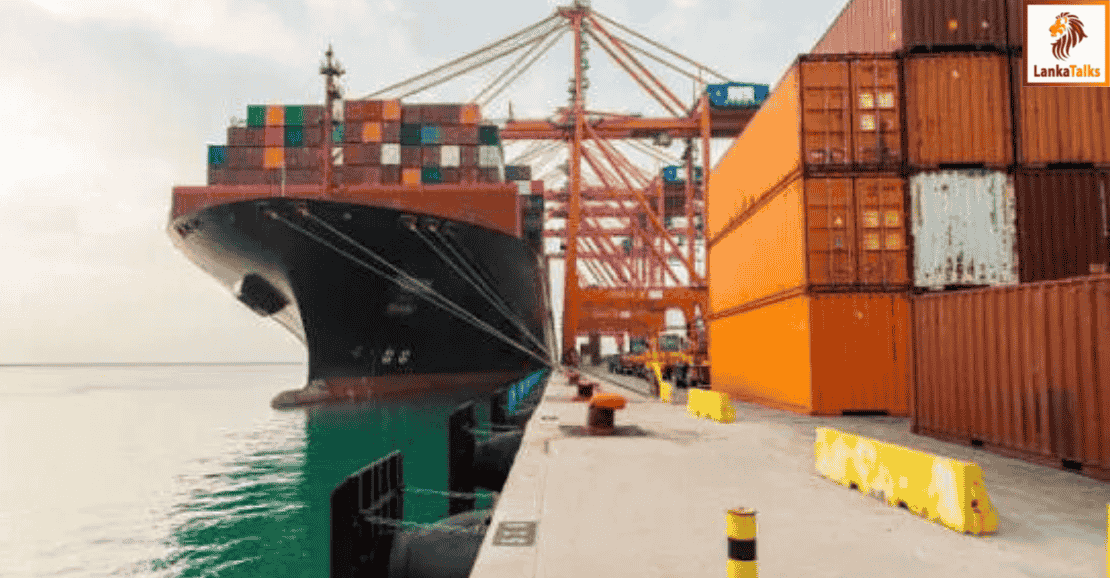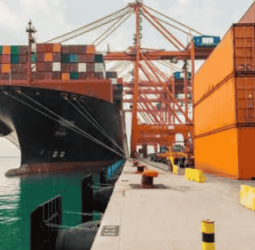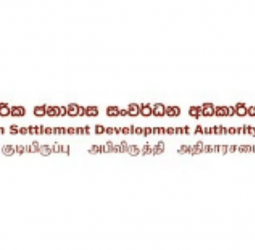Sri Lanka should deliberate over the unintended consequences that the removal of SVAT will impose on our exporters, the broader investment climate, and the national economy, Sri Lanka Shippers Council Chairperson Trisherman Frink has said in a statement.
“I write today to urgently highlight the critical implications of the recent government decision to abolish the simplified value-added tax (SVAT) mechanism. While we commend the ongoing efforts to reform and modernise our taxation policies, it is imperative to carefully evaluate the unintended consequences that this change will impose on our exporters, the broader investment climate, and the national economy,” Frink said in a released statement.
He further explained that the SVAT system has long served as a vital instrument for exporters by removing the burden of upfront VAT payments and preserving essential liquidity.
“Exporters operate within narrow margins and extended production cycles, relying heavily on uninterrupted access to cash flow to meet daily operational costs, remunerate suppliers, and sustain employment. The abolition of SVAT means exporters will now be compelled to pay VAT in advance, and then rely on refund processes that, despite governmental assurances, have historically been slow and prone to bureaucratic delays.”
“Even minor delays in VAT refunds risk severe cash-flow disruptions, threatening operational continuity and eroding Sri Lanka’s competitiveness in global markets.”
Notably, Frink pointed out that at a time when Sri Lanka is intensifying efforts to attract foreign direct investment (FDI), policy predictability and stability are paramount.
“International investors assess the ease and reliability of business environments, favouring jurisdictions with efficient, investor-friendly tax frameworks. A system that immobilises vital working capital through prolonged refund cycles places Sri Lanka at a distinct disadvantage compared to regional peers, many of whom maintain supportive export incentives.”
Frink added that the removal of SVAT sends a discouraging message of policy volatility, signalling that conducting business in Sri Lanka entails hidden costs and uncertainties.
“Such signals threaten to divert critical foreign investments to competing economies offering greater certainty.”
He said that Sri Lanka’s export sector remains the backbone of the economy, contributing substantially to foreign exchange earnings, sustaining hundreds of thousands of jobs, and supporting extensive supply chains.
Source: The morning



 Natasha
Natasha




